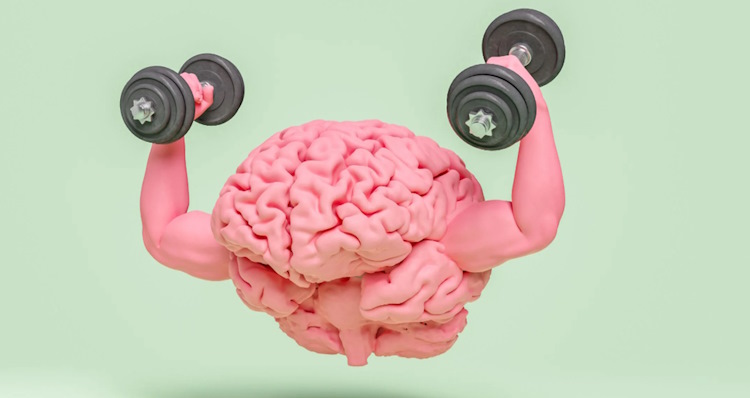Seven common mistakes that can sabotage your gains
If you want to build muscle, you need to follow a proper training and nutrition plan. However, many people make some common mistakes that can sabotage their gains and prevent them from reaching their full potential. In this article, we will reveal the seven most common bulking diet mistakes and how to avoid them.
Not Eating Enough Calories: The first and most important rule of bulking is to eat more calories than you burn. This creates a calorie surplus, which allows your body to build new muscle tissue. However, many people underestimate how much they need to eat to gain weight. A good way to find out your calorie needs is to use a calorie calculator or multiply your body weight in pounds by 16-18. If you’re not gaining weight at this level, you need to increase your calories further.
Doing too much cardio: Cardiovascular exercise is good for your heart health and can help you burn some extra calories. However, doing too much cardio can also have some negative effects on your muscle growth. Excessive cardio can raise your cortisol levels, which is a stress hormone that can break down muscle tissue and inhibit protein synthesis. It can also interfere with your recovery and performance in the gym. To avoid this, limit your cardio to 2-3 sessions per week of no more than 30 minutes each.
Neglecting mobility work: Mobility is the ability to move your joints through their full range of motion without pain or restriction. Having good mobility can improve your posture, prevent injuries, and enhance your performance in the gym. However, many people neglect mobility work and focus only on lifting weights. This can lead to tight muscles, poor form, and reduced strength. To improve your mobility, you should do some dynamic stretches and mobility drills before and after your workouts. You can also use a foam roller or a massage ball to release any knots or trigger points in your muscles.
Not Timing Your Meals: Eating the right foods is important for muscle growth, but so is eating them at the right times. To keep your body in an anabolic state, which means that it is building muscle rather than breaking it down, you should eat every 3-4 hours throughout the day. This will ensure that you have a constant supply of amino acids and glucose in your bloodstream. You should also pay attention to your pre- and post-workout nutrition, as these are the most critical times for muscle growth. Ideally, you should consume a meal or snack containing protein and carbohydrates 1-2 hours before and after your workout.
Relying Too Much on Supplements: Supplements can be a useful addition to your diet, but they are not a substitute for real food. Many people think that taking supplements will make up for a poor diet or a lack of training intensity. However, this is not the case. Supplements are meant to supplement your diet, not replace it. You still need to eat whole foods that provide you with all the essential nutrients and calories that your body needs. Supplements can only enhance your results if you already have a solid foundation of training and nutrition.
Eating Too Clean: While eating healthy foods is important for your overall health and well-being, it can also be counterproductive for your muscle growth if you take it too far. Eating too clean can make it harder for you to consume enough calories and carbs to fuel your workouts and recovery. It can also make you feel deprived and bored with your diet, which can lead to binge eating or quitting altogether. To avoid this, you should allow yourself some flexibility in your diet and enjoy some of your favorite foods from time to time. As long as you keep these foods in moderation and within your calorie budget, they won’t harm your progress.
Not Tracking Your Progress: One of the biggest mistakes that people make when bulking is not tracking their progress. If you don’t measure your calories, protein intake, weight, body fat percentage, and strength gains, you won’t know if you’re on the right track or if you need to make any adjustments. Tracking your progress will help you stay motivated, accountable, and focused on your goals. You can use apps, spreadsheets, journals, or scales to track your progress.
Building muscle is not easy, but it’s also not impossible if you avoid these seven common bulking diet mistakes. By following these tips, you will be able to optimize your muscle growth and achieve the physique of your dreams. Remember, consistency is key. Stick to your plan, track your progress, and enjoy the process. You will be amazed by the results you can achieve with hard work and dedication. Now go and crush your goals!









